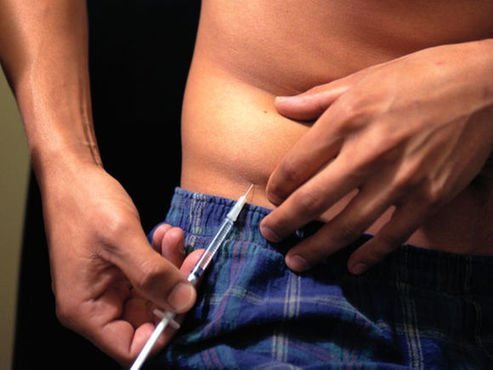All of those factors make getting the right amount of insulin a difficult balancing act. Too much insulin can cause blood sugar levels to dip dangerously low, leading to confusion and mood changes, or even seizures and death, according to JDRF (formerly called the Juvenile Diabetes Research Foundation). Too little insulin leaves blood sugar levels too high.
Over time — in addition to making someone feel tired and thirsty — high blood sugar levels can eventually lead to a higher risk of long-term complications, such as heart disease, vision problems and kidney disease, the ADA says.
People with type 1 diabetes have to become nutrition experts and learn how to count the carbohydrates in their food. It’s the carbohydrates in foods that get processed into blood sugar in the body. Then they need to learn a mathematical formula to figure out how much insulin they’ll need.
Insulin pumps may help with the math, but they don’t do all the work — not yet, anyway.
Read the full article at: consumer.healthday.com
How comes that the first thing that affects blood sugar (carb consumption) is the least automatized part of diabetes management? The idea at the root of the DietSensor’s project was exactly this one. We can go on the moon, we can instantly connect to anybody on the planet, but we have nothing to tell us the carbs in our plates. For many of us, THIS is a vital information. Let’s change this. Let’s make DietSensor a tool able to change lives!




